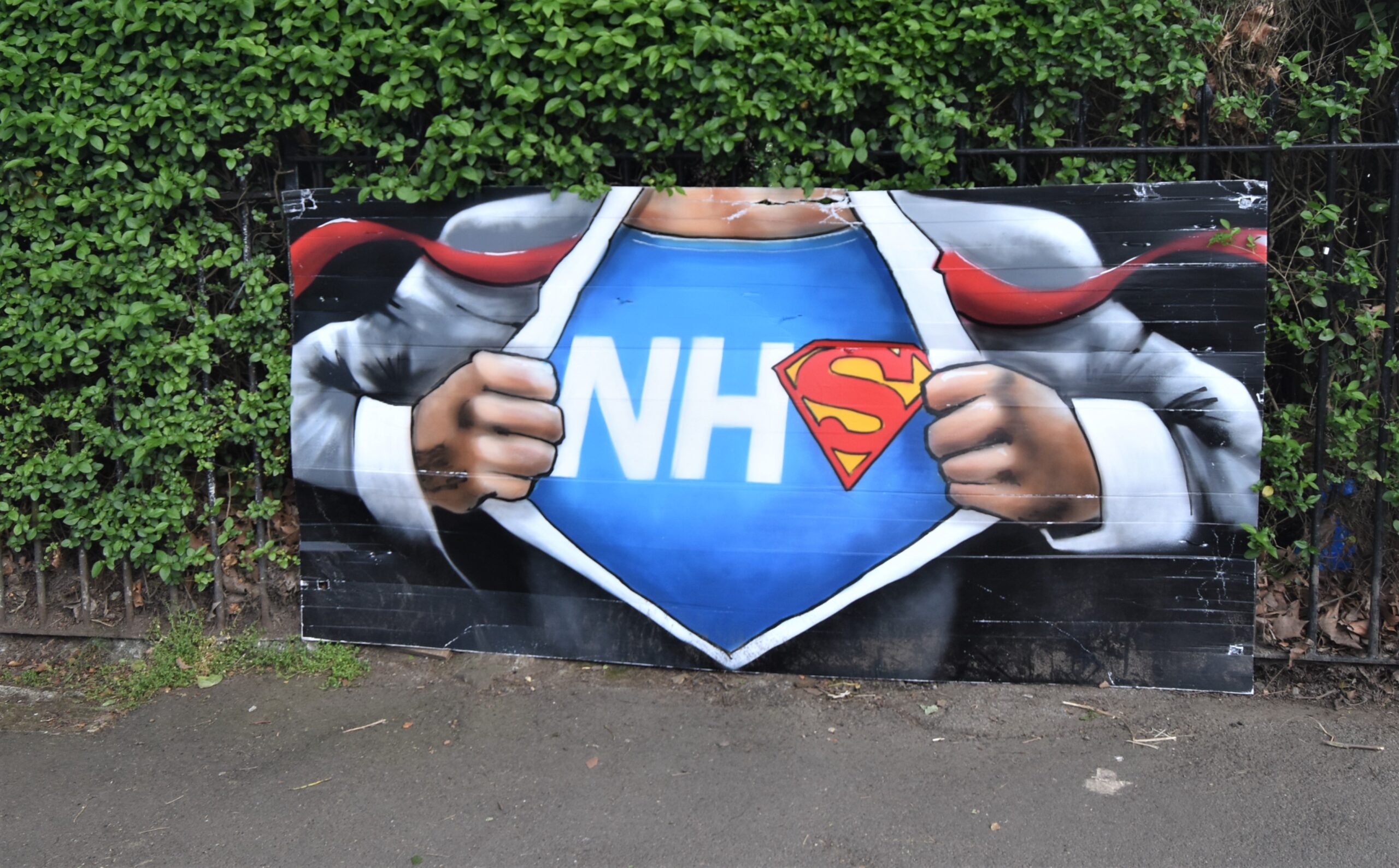
In the latest census, a record-low percentage of the British population identified with the nation’s historic religion – Christianity. Some rightly point to the influx of non-Christian religious peoples from across the globe as a primary factor, rather than a mass deconversion from Christianity among Britain’s native population. However, I propose that there exists a single, orthodoxly followed religion in the UK, adhered to by a vast majority of people regardless of their professed faith or economic background: the cult-like worship of the National Health Service (NHS).
What do I mean by this?
In modern Britain, criticizing the NHS is akin to being labelled an evildoer or wrong thinker, a treatment reminiscent of how heretics were treated in the early and later Church periods. I am not advocating against the principle of a national health service, but rather against the unproductive discourse surrounding our current NHS. The fervour with which we heap praise upon the NHS would be better directed towards brainstorming ideas for improving this clearly defective model.
Despite throwing vast sums of money into the NHS’s abyss-like coffers, we witness no change in the trajectory of its downward spiral in terms of quality of service and or efficiency. No number of pie-in-the-sky affirmations or excuses from its hardcore believers and apologists can even hope to alter this reality.
Yet, still, some NHS apologists will argue against my broad point, saying that the NHS is failing solely or primarily due to the last thirteen years of harsh Tory austerity. To this bold denial of reality I ask, what austerity?
Even when adjusted to take inflation into account, the NHS’s operating budget in money received has increased steadily, reaching an eye-watering £168.8 billion per year. If hundreds of billions of pounds being spent each year represents Tory penny-pinching, then I cannot even imagine the absurd level of spending required for the NHS to perform basic functions at an above-standard rate, according to this view.
Yet, even if the foundational assumptions of the NHS apologist argument are correct, then the system should still be subject to drastic and foundational change, based purely on a simple pragmatic cost-benefit analysis. If it takes the NHS budget being increased to an absurd £250 billion per year for it to function at a semi-standard level, it seems perfectly reasonable to wonder whether that is really a cost worth paying. Other equally ethical but less costly systems exist, and could be implemented easily. For instance, many healthcare systems on the continent cost the average taxpayer far less than the NHS and provide a far higher quality service in return. Given this clear reality, why have we not adopted a more European-style healthcare approach, despite our current system’s consistent and costly failures and the alternatives objective merits?
The answer is simple: the NHS has become an idol. Our conversation is never about whether to maintain it. Instead, we fervently debate our level of devotion to this sacred cow. In other words, it is never a matter of what the NHS can do for us, but rather what we can do for it; it has irrefutable value and thus our attitude towards it must be one of piety rather than suspicion.
Viewing our modern politics with this idea in mind, we can understand why the Labour Party promises to safeguard every penny of the NHS’s coffers at every election, making endless political hay by promising to give every possible penny to our healthcare system. Furthermore, the reason that every political issue eventually becomes framed in terms of how it relates to the NHS becomes clear, whether it be Brexit, immigration, or tax policy.
Therefore, given the way that we view the NHS, it is not an overstatement to say that it has become the central entity around which all of British politics orbits, regardless of the organisation’s consistent and unceasing failures. So long as this mindset remains the dominant one, and we no longer hold the NHS to the same standard that we do every other government program, we shall continue to worship this substandard and exorbitantly expensive healthcare system.
At the end of the day, our current NHS is not sustainable or viable in the modern era. It thus needs reform desperately, and these changes can only come about once we can stop worshipping the idol and begin to assess the NHS from an objective standpoint and wonder – is all of this money spent really worth it?
Image: Super NHS UK, Loco Steve, 2020// CC BY-SA 2.0 DEED



Average Rating